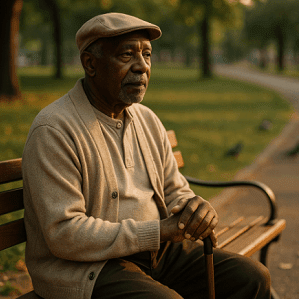Medical mistrust continues to keep Black Americans out of clinical trials, with serious consequences for health outcomes. A recent study led by Dr. Shakira J. Grant explored how historical trauma and personal experiences shape attitudes toward medical research among Black patients with multiple myeloma. Through interviews with patients and caregivers, the study revealed that Black participants often carry a “deep, transgenerational knowledge” of medical mistreatment, including the infamous Tuskegee syphilis experiment.
This legacy of unethical research, combined with ongoing disparities in healthcare access and outcomes, fosters a persistent mistrust. “These personal stories highlighted a pervasive mistrust that impacted their willingness to participate in clinical trials,” Dr. Grant said. The result is a lack of representation in studies that determine how treatments work—leaving Black patients at risk of receiving therapies that haven’t been adequately tested for their needs.
Clinical trials depend on diverse participation to ensure safety and effectiveness across populations. Without it, gaps in medical knowledge grow, and disparities in treatment outcomes widen. Dr. Grant emphasized that building trust requires transparency, acknowledgment of past wrongs, and more Black healthcare providers. “Trust takes years to gain and a second to lose,” she said.
The impact is not just academic—it’s deeply personal. Mistrust can mean fewer treatment options, poorer outcomes, and continued inequity. Healing this divide will take sustained effort from researchers, clinicians, and communities alike.
See: “Medical Mistrust Keeps Black Americans Out of Clinical Trials” (July 31, 2025)



